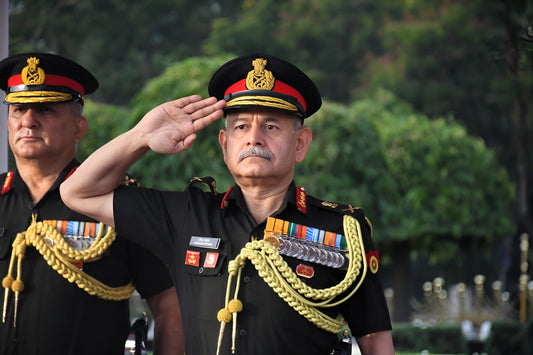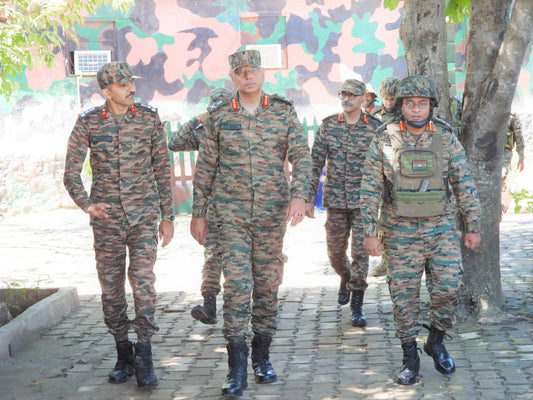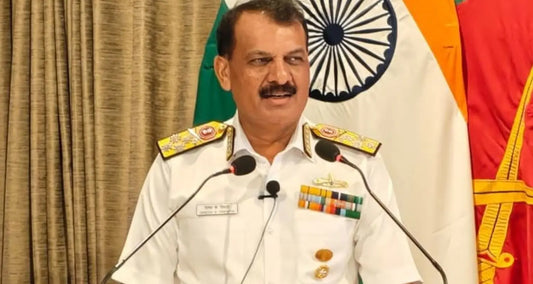Indian Army Seminar Explores Indo-Tibetan Heritage and Border Strategy in Shimla

The Central Command of the Indian Army hosted a significant seminar titled "Interwoven Roots: Shared Indo-Tibetan Heritage" at DANFE Hall in Shimla. The event, held at the Army Training Command headquarters, aimed to delve into the historical and strategic ties between India and Tibet. It gathered senior military personnel, diplomats, and scholars to discuss how cultural heritage can influence modern border security and diplomatic strategies.
Lieutenant General Anindya Sengupta, the General Officer Commanding-in-Chief of Central Command, delivered the keynote speech. With previous experience leading the Fire & Fury Corps in Ladakh, Lt Gen Sengupta highlighted the strategic as well as cultural significance of Indo-Tibetan relations in shaping current border management and regional stability policies. He stressed the need to revisit historical connections to guide future actions in sensitive border areas.
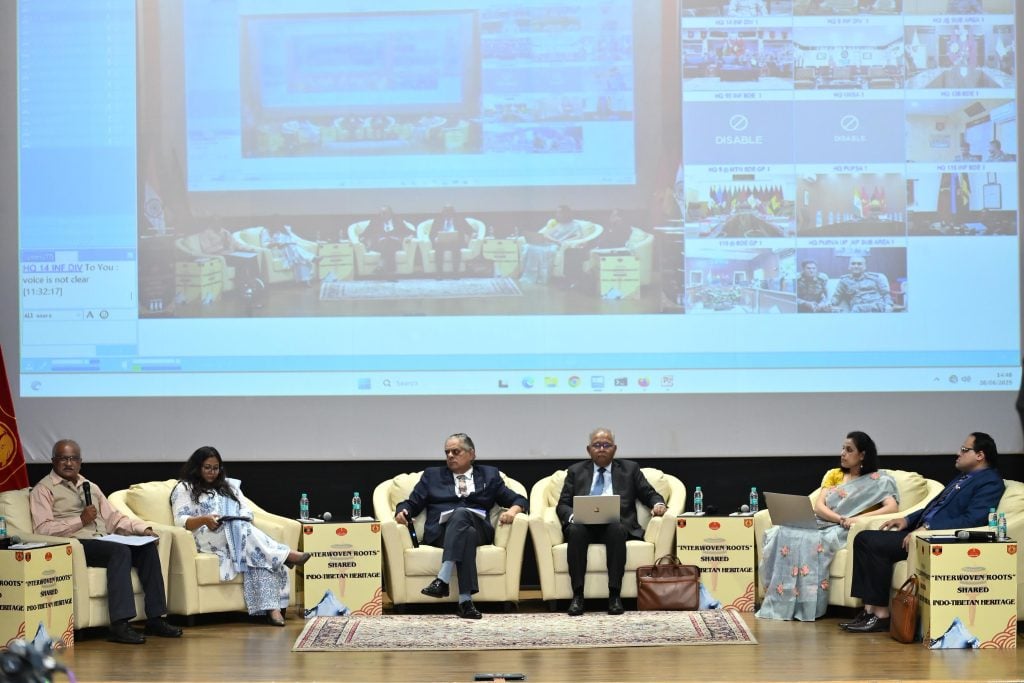
The seminar featured discussions on civilizational ties, border infrastructure, and community engagement, enriched by recent visits to Shipki La, Lepcha, Tabo, and Kaza. These visits aligned with new border tourism initiatives approved by the government on May 20, 2025, and the approval of significant infrastructure projects like the Wangtu–Atargu–Mud–Bhaba road. This road project aims to reduce travel time between Shimla and Kaza by nearly 100 kilometers, enhancing both economic and military mobility.
Lt Gen DG Misra, the General Officer Commanding of Uttar Bharat Area, delivered the closing remarks, expressing optimism about merging cultural preservation with national security. Renowned Tibetologist Claude Arpi also spoke, advocating for greater emphasis on civilizational values in India's Himalayan policy and suggesting tangible measures for cultural diplomacy.
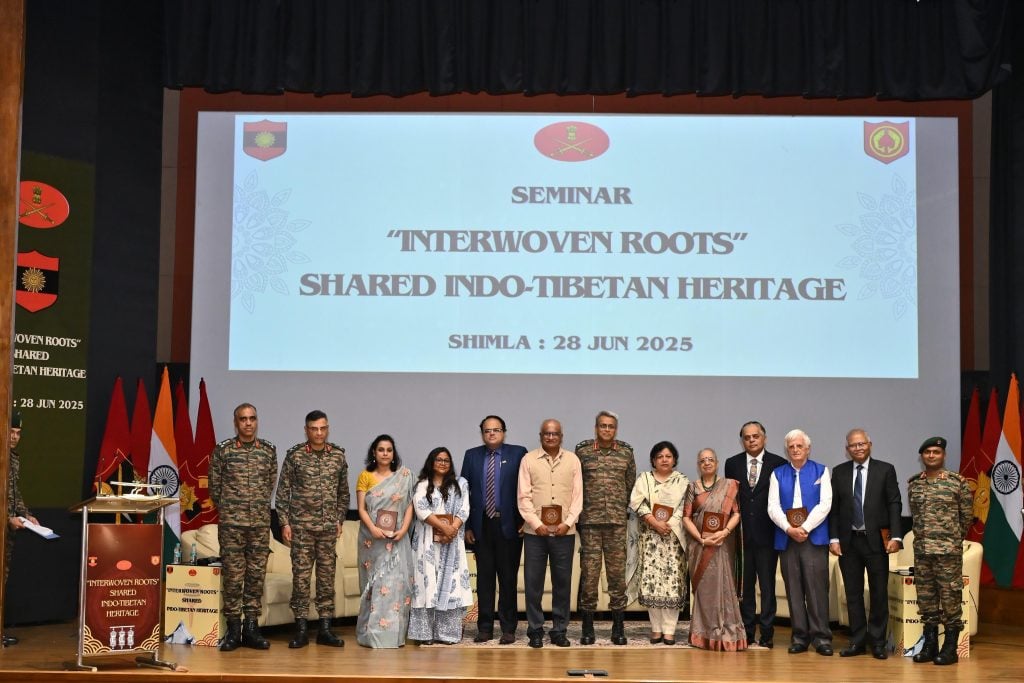
The seminar addressed key recommendations including the revival of Indo-Tibetan cultural exchanges, archaeological research in trans-Himalayan areas, digitization of historical archives, promotion of endangered Himalayan dialects, and enhancement of All India Radio coverage in border areas. Proposals were also made to improve access to traditional pilgrimage routes such as the Kailash Mansarovar Yatra.
The event reflects the Indian Army’s evolving approach to national security, which integrates military readiness with historical insight and community involvement. By focusing on shared heritage and infrastructure development, the seminar highlighted India’s strategic dedication to safeguarding its Himalayan borders while promoting regional harmony.
